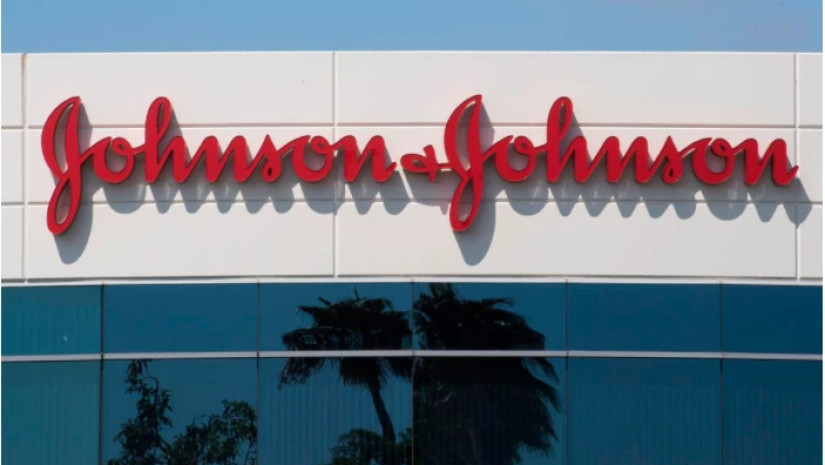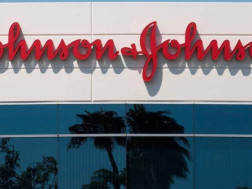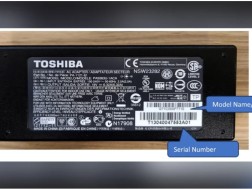General Electric, Johnson & Johnson and Toshiba were all founded more than 125 years ago. In the ensuing decades, all three built themselves up into sprawling, ubiquitous corporate behemoths. And now, in quick succession, all three have decided that breaking themselves up is the best way to maximize value for shareholders.
GE was the first to buy a ticket to splitsville. The industrial giant said on Tuesday that it will spin off its healthcare and energy divisions into standalone public companies, leaving GE to operate the GE Aviation unit as its last remaining asset. The healthcare business is expected to complete its separation by early 2023, with the energy unit following a year later.
GE is an iconic American brand, one that traces its roots to a company cofounded by Thomas Edison in 1892. Under the leadership of Jack Welch in the 1980s and 1990s, it became the most valuable company in the world. But this week’s move didn’t come out of the blue. Troubles mounted under former CEO Jeff Immelt. GE has been busy divesting assets in recent years, inspired largely be a desire to pay off its massive amounts of debt. Since taking over as CEO in 2018, Larry Culp has been testing the waters; now, he’s diving in.
Johnson & Johnson followed on Friday, declaring its intent to break off its consumer health division—home to brands such as Band-Aid, Tylenol, Nicorette and Neutrogena—as a separate company, leaving its prescription drug and medical device businesses to operate under the J&J banner. The breakup is expected to commence in 18 to 24 months. To my dismay, it does not appear that both companies will simply be called “Johnson."
Friday also brought news that Toshiba plans to break up into three businesses, capping a dramatic year that has already included tussles with activist investors, failed negotiations for a $20 billion buyout and the resignation of its CEO. The Japanese conglomerate will spin out its energy and infrastructure divisions as one standalone company and its electronic devices unit as another, leaving Toshiba to manage its existing stake in Kioxia and other smaller assets. Toshiba sold a majority stake in Kioxia, which was formerly the company’s in-house NAND memory unit, to a group led by Bain Capital in an $18 billion deal in 2018.
What’s the thinking behind these splits? For all three, the primary motivation seems to be the belief that corporate bloat has been dragging down performance. By definition, a conglomerate operates different businesses with different profiles. Sometimes, those different profiles can create contrasting motivations. Take J&J, for example. Selling Band-Aids and Tylenol is a steady, slow-growth model. Developing new prescription drugs and devices is more of a boom-or-bust business that can drive larger but inconsistent profits. You never know when a pandemic might arrive and creating a novel vaccine will rise to the top of your to-do list.
The story is the same at GE and Toshiba: Healthcare is a different business from building jet engines. Renewable energy is different from memory chips. Businesses evolve, and businesses are cyclical. There was a time when the leaders of GE, J&J and Toshiba thought that pursuing scale was the best way to reward shareholders. Their track records of 20th century success prove they were probably right. Now, all three think slimming down is the solution.
It’s also worth noting that all three companies are splitting themselves up after some tumultuous recent history. GE nearly cratered during the financial crisis, when its GE Capital unit played a key role destabilizing the market. J&J is facing tens of thousands of lawsuits related to claims that its baby powder caused cancer; this week, the company’s lawyers turned to a ploy known as the Texas Two Step in a bid to slow down the litigation. In some ways, Toshiba is still trying to recover from a massive accounting scandal in 2015.
Those troubles aren’t the reason these companies are breaking up. But they do serve as other examples of how life as a conglomerate can get messy.
Both GE and Toshiba had a little help in getting to this point. Trian Fund Management, an activist firm led by Nelson Peltz, has been a longtime advocate of breaking up GE, and it publicly applauded this week’s move. A group of activists led by Effissimo Capital Management has also been pushing for changes at Toshiba, including calls to go private. Toshiba engaged in talks earlier this year to sell itself to CVC Capital Partners, but it now seems to be pursuing a different path.
The point of pursuing this path is to please public investors. The early returns, though, were not too promising. Toshiba shares closed down more than 1% on Friday. GE shares jumped more than 6% when its split was first announced, but they declined in the hours and days to come, closing down for the week. Only J&J saw a small bump, with its stock up about 1% on Friday.
These moves, of course, are not designed for the short term. All three companies will have plenty of time to convince investors that breaking up is the best course of action for the years to come. And if they can’t? Well, I hear the merger market is pretty active these days. They can always get back together.
Source: Forbes
















